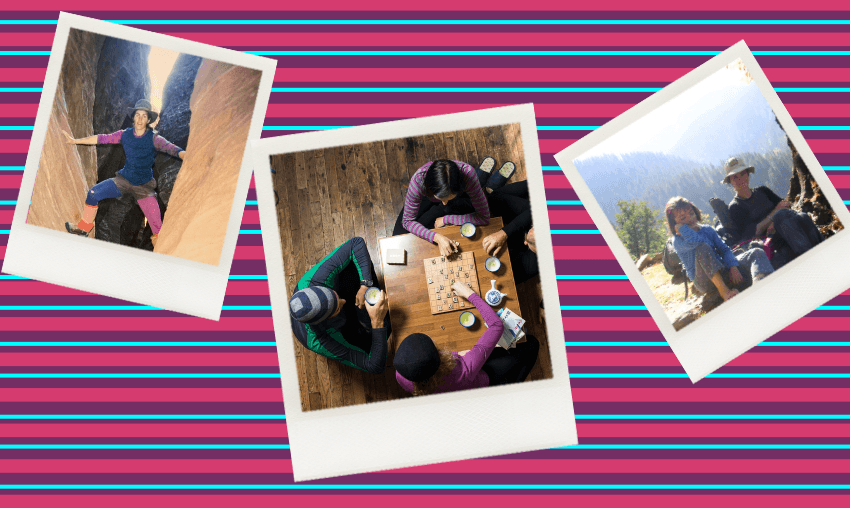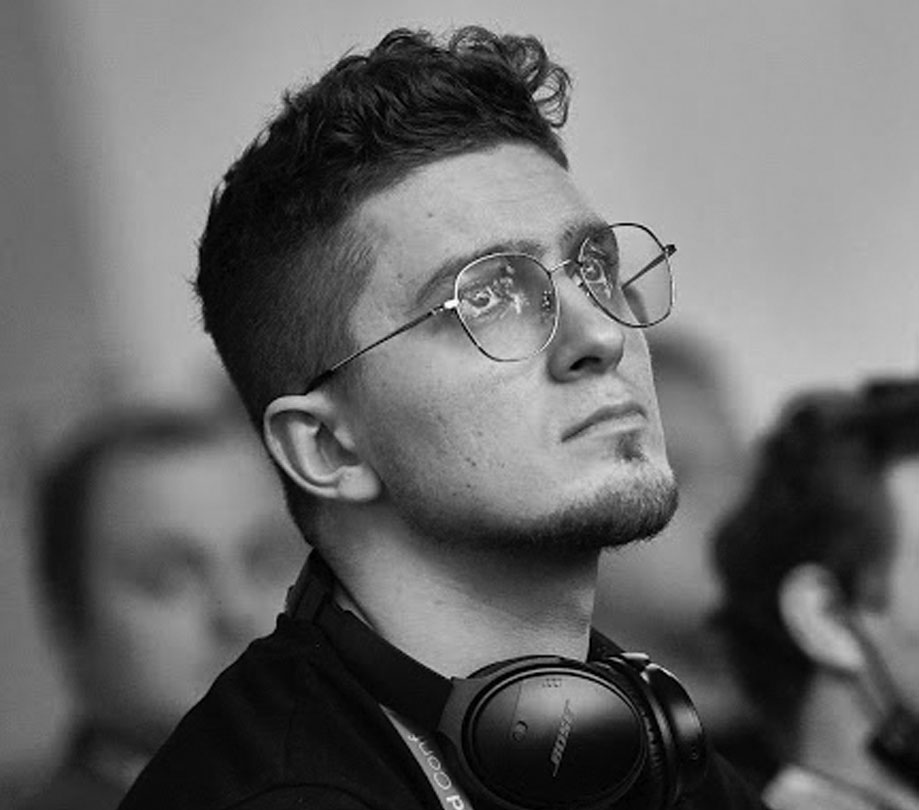Oranga Tamariki has been challenged on whether abuse in state care facilities really is historic.
Oranga Tamariki CEO Chappie Te Kani at the Royal Commission Abuse in Care inquiry hearing on 23 August 2022.
Photo: Supplied
Senior officials from the children’s ministry were again before the Royal Commission into Abuse in Care on Tuesday.
For two years, the Royal Commission has heard survivor after survivor detail years of abuse at state facilities. Of children abused while carers turned a blind eye, abusers moved to other jobs instead of being reported, staff whose criminal records were not checked, and state homes that became bywords for horror: Kohitere, Hokio, Epuni, Whakapakari.
Responding to survivor accounts today, Oranga Tamariki chief executive Chappie Te Kani said state care had, for many years, been inhumane.
Te Kani was pressed on whether sexual abuse at facilities between 1950 and 1999, which is the scope of the Royal Commission, was a systemic problem.
He replied: “On the basis of the information we’ve seen, acknowledging that it will be under-reported, I think we’ve established that over the scope period there is a large number of instances of sexual abuse,” an answer that drew heckles from the public gallery.
Another senior manager, Paula Attrill, said it was clear that the state had had devastating effects for many tamariki, leading to lives of trauma and crime.
“It wasn’t just a pathway into the criminal justice system that filings in this area resulted in, it was a pathway into serious mental health difficulties, physical health difficulties and harm across a full range of a person’s being,” Attrill said.

Oranga Tamariki senior manager Paula Attrill at the Royal Commission Abuse in Care inquiry hearing on 23 August 2022.
Photo: Supplied
The ministry had already conceded that it did not stop abuse and that it did not meet the basic needs of youth between 1950 and 1999.
But on Tuesday, senior executives were quizzed on just how much had changed.
Counsel laid out examples of stories from as recently as last year, from Office of the Children’s Commission visits to facilities where children spoke of living in fear, through to the media example of a teen beaten by a staff member at a Christchurch facility.
Te Kani said practices had changed significantly, with several safeguards in place.
“We know of every circumstance that they’ve reported on, we have a number of processes in place to not only understand, but to rectify any concerns about harm,” Te Kani said.
All OT facilities were monitored by an advisory board and CCTV, strip searches were banned, staff were supervised, and solitary confinement was rarely used, he said.
But he conceded there was still a long way to go. A lot of policies were in their infancy, and a lot of data, like the number of neurodivergent children in state care, was still not known.
Ultimately, Te Kani said he wanted the facilities closed.
“We have a very clear view that the Care and Protection Residences need to be closed down.”
“We are now in the process of working out a way to do that that is safe.”
The cross-examination continues tomorrow.
Where to get help:
Need to Talk? Free call or text 1737 any time to speak to a trained counsellor, for any reason.
Lifeline: 0800 543 354 or text HELP to 4357
Suicide Crisis Helpline: 0508 828 865 / 0508 TAUTOKO (24/7). This is a service for people who may be thinking about suicide, or those who are concerned about family or friends.
Depression Helpline: 0800 111 757 (24/7) or text 4202
Samaritans: 0800 726 666 (24/7)
Youthline: 0800 376 633 (24/7) or free text 234 (8am-12am), or email talk@youthline.co.nz
What’s Up: online chat (3pm-10pm) or 0800 WHATSUP / 0800 9428 787 helpline (12pm-10pm weekdays, 3pm-11pm weekends)
Asian Family Services: 0800 862 342 Monday to Friday 9am to 8pm or text 832 Monday to Friday 9am – 5pm. Languages spoken: Mandarin, Cantonese, Korean, Vietnamese, Thai, Japanese, Hindi, Gujarati, Marathi and English.
Rural Support Trust Helpline: 0800 787 254
Healthline: 0800 611 116
Rainbow Youth: (09) 376 4155
OUTLine: 0800 688 5463 (6pm-9pm)
If it is an emergency and you feel like you or someone else is at risk, call 111.





















Discussion about this post